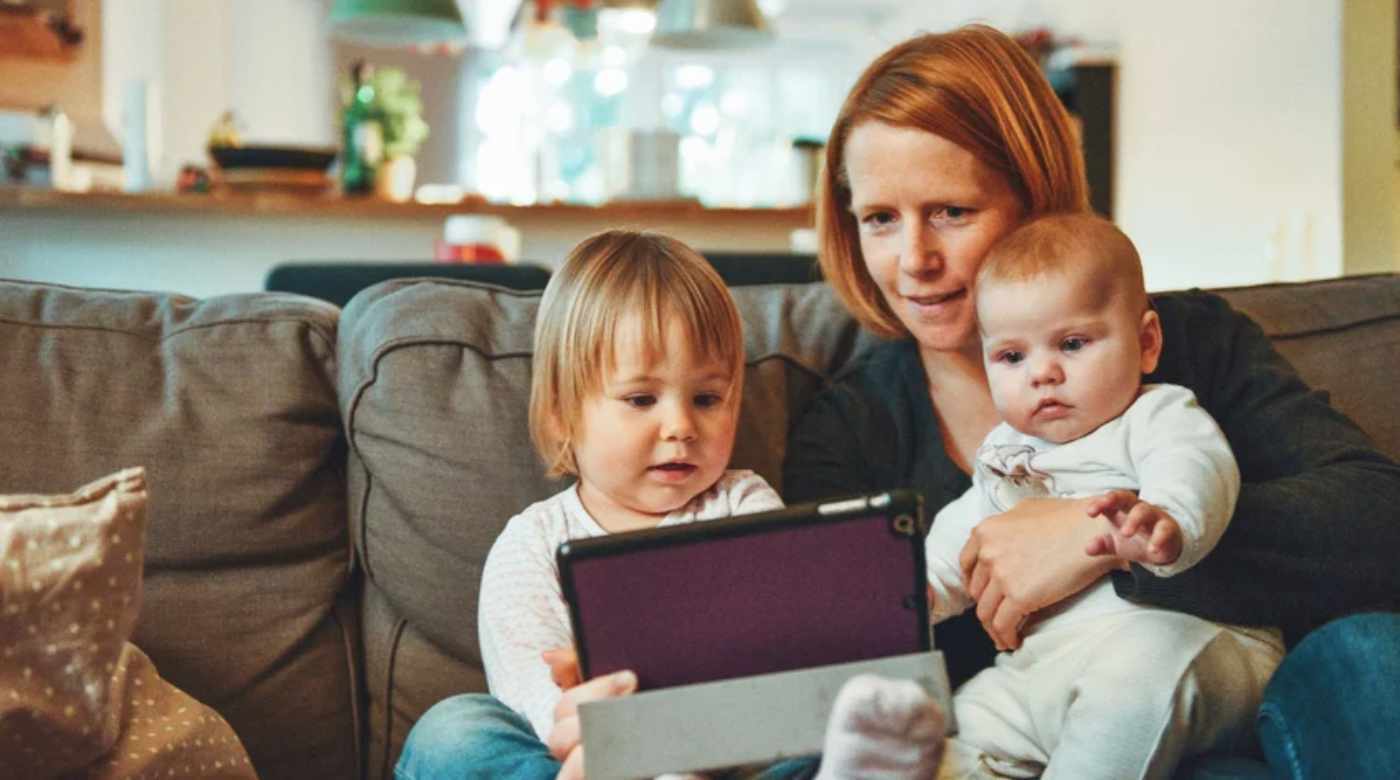 Why Should Your Kids Learn English?">
Why Should Your Kids Learn English?">
Looking to give your children English lessons? You're not alone.
Let's be honest: If your kids only speak English at school, they’re never going to be fluent. School programs are designed primarily to introduce young people to English and to give them a basic framework, in the hopes that eventually, they’ll flourish on their own. But if they’re ever going to do this, they’re going to need some help from you. It is up to you to take the first step.
Why should your kids learn English at school, as well as during online English courses? Here are 9 good reasons for your kids to learn to speak English.
A stimulating intellectual effect
Many experts will tell you that language learning stimulates the brain. Such an exercise is good for memory, reasoning, concentration and intellectual skills in general. The benefits of learning a language can only contribute to the academic success of your children!
An opening to the world
English is a language that seems easy to learn, but it can be difficult to completely master. While simple on its face, it becomes more complex the more you learn, as the many different meanings of words reveal themselves through context and idiom. It is a language that varies widely from country to country, and is constantly evolving. It is filled with specific cultural references, especially in this digital age, and it will greatly benefit your kids to get started with it early in life.
A basic level of English will allow your kids an entry into this world, linking them instantly to several other cultures. Because of the hybrid way English developed as a language, it has similarities to many other world languages. It’s the global language of business for a reason.
Perfecting their English will plug your children into the wider world, and will truly prepare them for the realities of life in the 21st century.
Because it's easy for them
Children have a natural interest in learning, and are born with the ability to soak knowledge and experiences up like a sponge. Languages are no exception. Most kids can distinguish, memorize and reproduce sounds with disconcerting ease.
This makes it especially beneficial to start learning a second language as early as possible. That way, kids can learn a second language essentially alongside their first. Most experts agree that the ideal age to start learning a second language is between 4 and 6 years, but there’s growing evidence that the earlier, the better. Between 7 and 12 years, learning still comes easily, but the influence of their mother tongue is already stronger.
To keep them from making your mistakes
Do you, yourself, find it difficult to speak English well? Are you often frustrated by your limited knowledge in this area? You’d like to improve, but you realized too late it was much harder as an adult? Admit it: you wish you’d learned English earlier, and you want better for your kids.
Don’t hesitate. Get your kids into English lessons before it’s too late. It is an excellent investment in their future, regardless of the paths they choose. You might also feel the need to rake some online courses alongside them.

A passport to go abroad
Are you planning on traveling abroad with your family? Are you thinking about moving abroad or to an English-speaking province? In that case, knowing how to speak English becomes as important as a passport for your children.
English is recognized and used almost everywhere in the world. It is always useful for handling and managing difficult situations. It will allow them to ask for directions, then be able to read the signs and follow them. By mastering English, your children will feel more confident and will be more independent. They will be able to order for themselves in a restaurant and make new friends easily as well.
A question of confidence
English is a complex and flexible language, and truly mastering it is a satisfying experience.
By starting early, your children will rapidly gain the skills they’ll need to make English their own. They will be able to express their ideas in their own voice, taking advantage of the tremendous variety and flexibility of the English language. They will be able to take full advantage of all its colors and textures. In so doing, their confidence will soar.
This confidence can only help them as they go through life, and will sharpen their social skills.
To understand the original English versions
When they learn English, your children can watch and understand American movies and TV shows in their original versions. This is key to understanding them in their cultural context, and in fact in participating fully in much of the pop culture conversation that is so important in the lives of young people these days. Much nuance is lost in even the best dubbed performances. Jokes, especially, often get lost in translation. By consuming the media as created and intended, your children will continue to improve not only their vocabulary, but their cultural awareness as well.
They’ll also finally be able to stop making crazy sounds and just sing along to their favorite pop songs, yet another bonus!
To stay in the loop
As we mentioned, English is constantly evolving. As the global language of both business and culture, it’s always on the lookout for the latest innovations. New English words are invented and incorporated into the global lexicon every year. These words are often absorbed and adopted into other languages as well; words like smart phone, selfie, troll...
In learning English, your children will make sure to be at the forefront of the latest trends and expressions. They’ll make sure you stay in the loop, too.
Because there is no reason not to
It’s a myth that there’s a down side to learning two languages simultaneously. In fact, the bilingual brain is a powerful and flexible one, and the best way to become truly bilingual is to start as a child.
It is possible that your child’s vocabulary might develop a more slowly if he’s learning two languages at once, especially if language training is started very early, but that’s only at first. Your young child’s brain can handle it, and will be switching between his two languages (a process called code-switching) before you know it. He’ll probably know a lot more English words than you do before long, so get to work!
Choose the online English courses of Global Lingua to help your children learn English.







